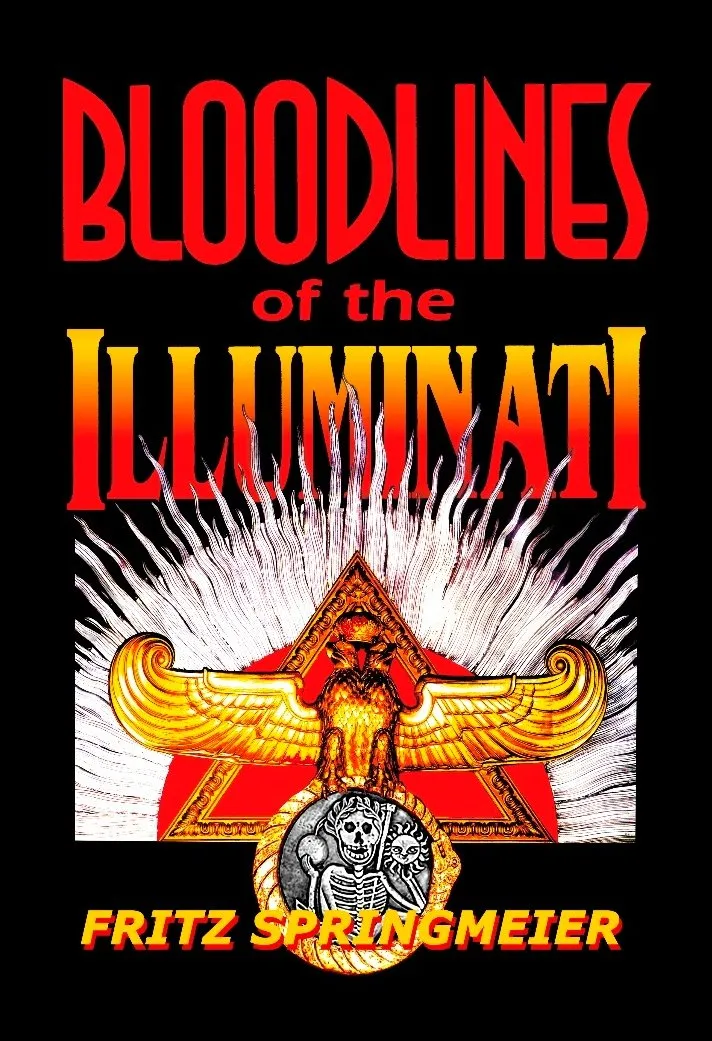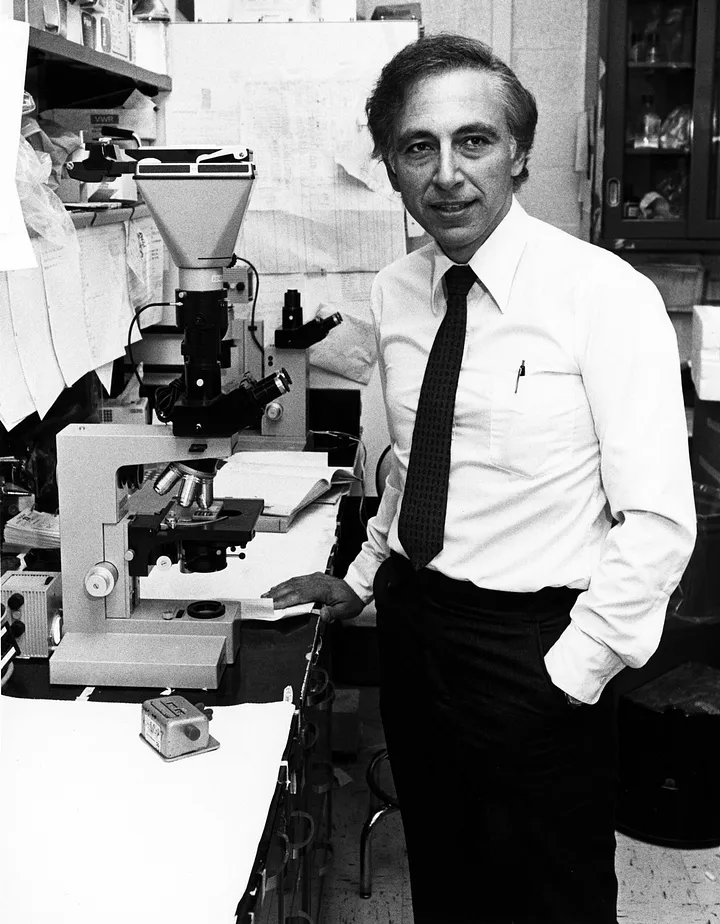In recent years, a conspiracy theory has emerged regarding the supposed “Van Duyn bloodline.” Proponents of this theory claim that a powerful and secretive group of elites, who trace their ancestry back to a single, elite bloodline, control much of the world’s wealth and power. Despite the lack of concrete evidence to support these claims, the Van Duyn bloodline conspiracy has gained a significant following, with numerous websites and online forums devoted to exploring and discussing the theory.
To understand the roots of the Van Duyn bloodline conspiracy, it is important to first examine the origins of bloodline theory more generally. The idea that a single, powerful bloodline controls the world can be traced back to the works of European nobles in the Middle Ages, who believed that their own noble bloodlines were superior to those of commoners. Over time, this idea evolved into more complex and elaborate theories of bloodline superiority, many of which were tied to ideas of race, ethnicity, and religion.
The specific claims regarding the Van Duyn bloodline, however, are somewhat different. According to conspiracy theorists, the Van Duyn family is a secretive group of elites who control much of the world’s wealth and power, and who are united by their shared ancestry and their commitment to maintaining the power of their bloodline. Proponents of this theory point to a number of high-profile individuals who are said to be members of the Van Duyn bloodline, including politicians, business leaders, and even celebrities.
Despite the claims of the Van Duyn bloodline conspiracy, there is little concrete evidence to support the idea that a single, secretive group of elites controls the world. Furthermore, many of the claims made by proponents of the theory are based on speculation, conjecture, and a selective interpretation of the available evidence. For example, the supposed connection between high-profile individuals and the Van Duyn bloodline is often based on tenuous links, such as shared family names or similar-looking coats of arms.
It is also worth noting that the Van Duyn bloodline conspiracy is not the only theory of its kind. There are many similar theories, each of which claims that a different group of elites, united by bloodline or ancestry, control the world. Despite their differences, however, all of these theories share a common thread: they are based on speculation, conjecture, and a selective interpretation of the available evidence.
In conclusion, the Van Duyn bloodline conspiracy is just one of many similar theories that have emerged in recent years, all of which are based on speculation, conjecture, and a selective interpretation of the available evidence. While it is certainly true that wealth and power are concentrated in the hands of a small number of individuals, there is no credible evidence to support the idea that a single, secretive group of elites, united by bloodline or ancestry, controls the world. Furthermore, the focus on bloodline and ancestry distracts from more important and meaningful discussions about wealth and power, and the steps that can be taken to ensure that these resources are more fairly and equitably distributed.












